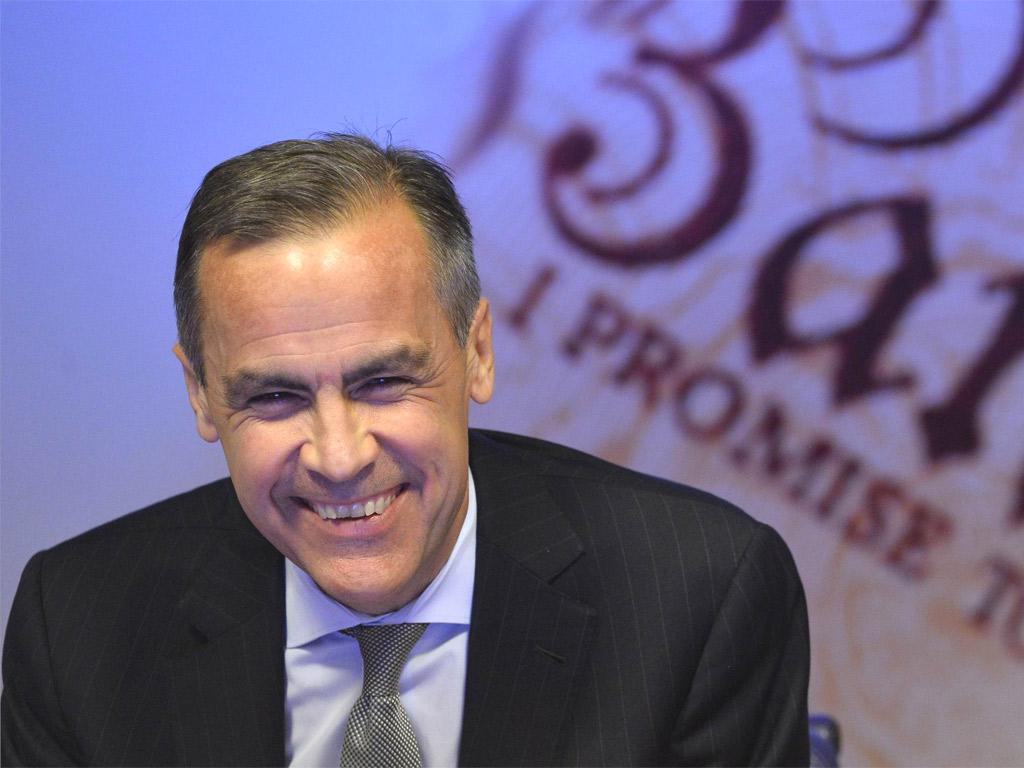London- “Recent surveys of business activity, confidence and optimism suggest that the UK is likely to see little growth in GDP in the second half of this year,” the Bank of England said.
The Bank of England released some of the findings of its August regional agents’ survey in last week’s quarterly inflation report, which showed companies expected the referendum would hurt capital spending, hiring and turnover over the coming year.
Although the latest report suggested the economy is likely to slow, the monthly survey of around 700 companies was not as starkly downbeat as the larger purchasing managers’ indices Purchasing Managers’ Index (PMI).
Revenue growth in business services firms eased to a three-year low, according to the Bank of England survey. However, for consumer services companies the slowdown was much smaller.
The report revealed a slowdown in business services growth and consumer spending, while firms across all sectors except manufacturing expect turnover to be knocked over the year ahead.
The report – which polled around 270 firms in the month after the Brexit vote – showed consumer demand for large items fell as shoppers became more cautious.
The Bank of England’s gauge of retail sales values fell to its lowest level since August 2012, but the central bank linked some of this to unusually wet weather.
In common with other business surveys, however, the Bank of England said investment and employment intentions wilted last month.
“With British businesses suggesting that they are pulling back on expansion plans the survey is consistent with the general consensus expectation among economists that the UK will experience a mild recession over the next six to 12 months,” said James Knightley, senior economist at ING.
THE Bank of England confirmed it would press on with a £60 billion economy-boosting plan despite hitting an early stumbling block.
It faced a £52 million shortfall on Tuesday after it was unable to buy as many government bonds from city investors as needed under its new quantitative easing (QE) push.
Policymakers announced another £60bn of QE last week as part of an economic recovery package as it cut rates for the first time in more than seven years, to 0.25 per cent from 0.5 percent.
It was the first time the bank had failed to buy enough so-called gilts to meet its target since first launching the QE program in 2009 to steer the economy out of the financial crisis and subsequent recession.
The returns – or yields – on some UK government bonds turned negative after the bank missed its £1.17bn target.
